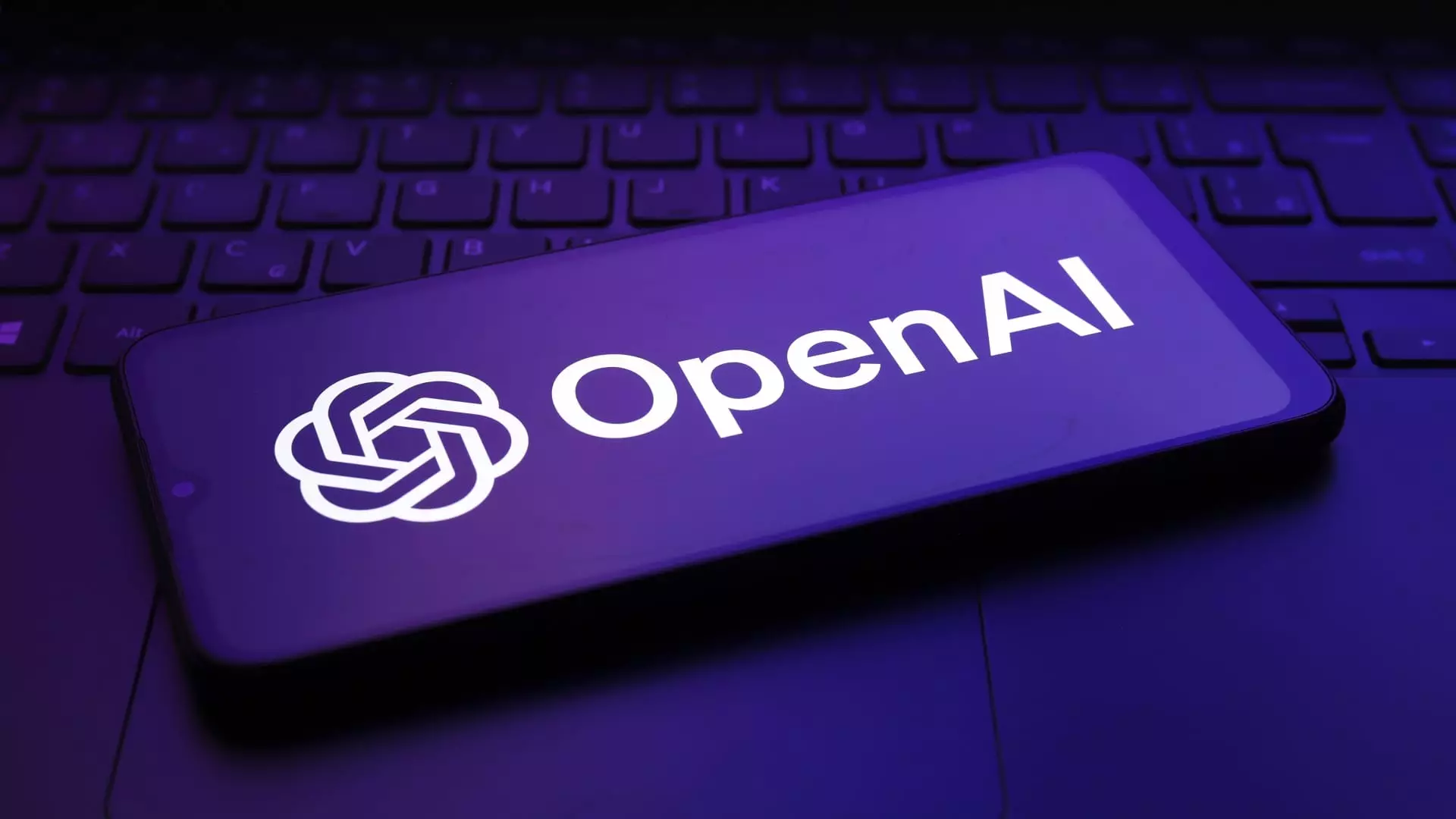The tech world was recently shaken by the tragic news of Suchir Balaji, a former researcher at OpenAI, who was found dead in his San Francisco apartment. His passing raises profound questions not only about mental health within high-stress environments like Silicon Valley but also regarding the ethical implications of artificial intelligence technologies. Balaji was not just another statistic; he was a voice of dissent, publicly advocating for accountability in AI development.
The Circumstances Surrounding Balaji’s Death
The findings surrounding Balaji’s death have been labeled a suicide by the San Francisco Office of the Chief Medical Examiner. The investigation revealed no signs of foul play, indicating a personal struggle that went beyond professional pressures. Authorities had initially conducted a wellbeing check after a concerned family member reached out, which tragically led to the discovery of his body on November 26.
While the immediate context of his death might be linked to individual factors, it coincides with a period where Balaji had publicly voiced his concerns regarding OpenAI’s operations. His departure from the company earlier in the year may have been reflective of deeper ethical dilemmas that many in the field of artificial intelligence are grappling with today.
Balaji’s critiques focused on the ethical ramifications of AI training methods, particularly how platforms like ChatGPT could potentially infringe upon copyright laws. He asserted that the very technologies developed by OpenAI could undermine the commercial value of content creators and established industries that generate digital data. In a candid conversation with The New York Times, Balaji highlighted a pivotal moral conflict: working for a company whose actions might threaten the livelihoods of so many.
Such conversations are becoming increasingly relevant in the tech industry, where the rapid advancement of AI often outpaces ethical guidelines and legal frameworks. Balaji’s apprehensions resonate with numerous creators who feel disenfranchised as AI systems increasingly rely on their work without appropriate compensation or recognition.
The landscape of artificial intelligence is fraught with complex challenges that necessitate urgent discourse. OpenAI, currently embroiled in legal battles concerning its data usage practices, must confront the growing anxiety among creators regarding intellectual property rights. The ramifications extend far beyond Balaji’s story; they speak to a larger trend of mistrust and existential threats felt across numerous sectors, including journalism, art, and academia.
The CEO of OpenAI, Sam Altman, has publicly claimed that training AI systems does not require using copyrighted material from content creators. Nevertheless, his assertion does little to assuage concerns as cultural and creative industries fear being rendered obsolete by technologies that can replicate their work without regulation.
The death of Suchir Balaji is more than a personal tragedy; it serves as a harrowing reminder of the existential questions surrounding AI innovation and ethics. It incites a vital need for conversations about mental health and ethical practices in technology. As the industry continues to evolve, it is crucial for stakeholders—technology companies, creators, and policymakers—to engage proactively in discussions that prioritize accountability to prevent further tragedies like Balaji’s. This case compels us to consider not just the future of AI but the human costs associated with its relentless pursuit of advancement.

